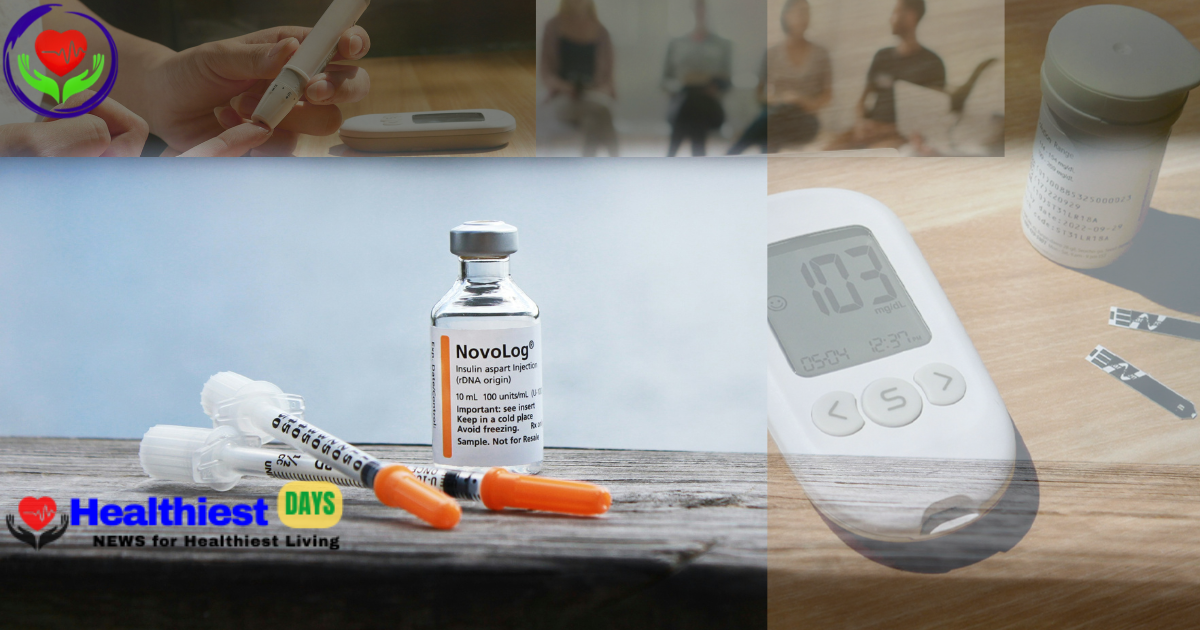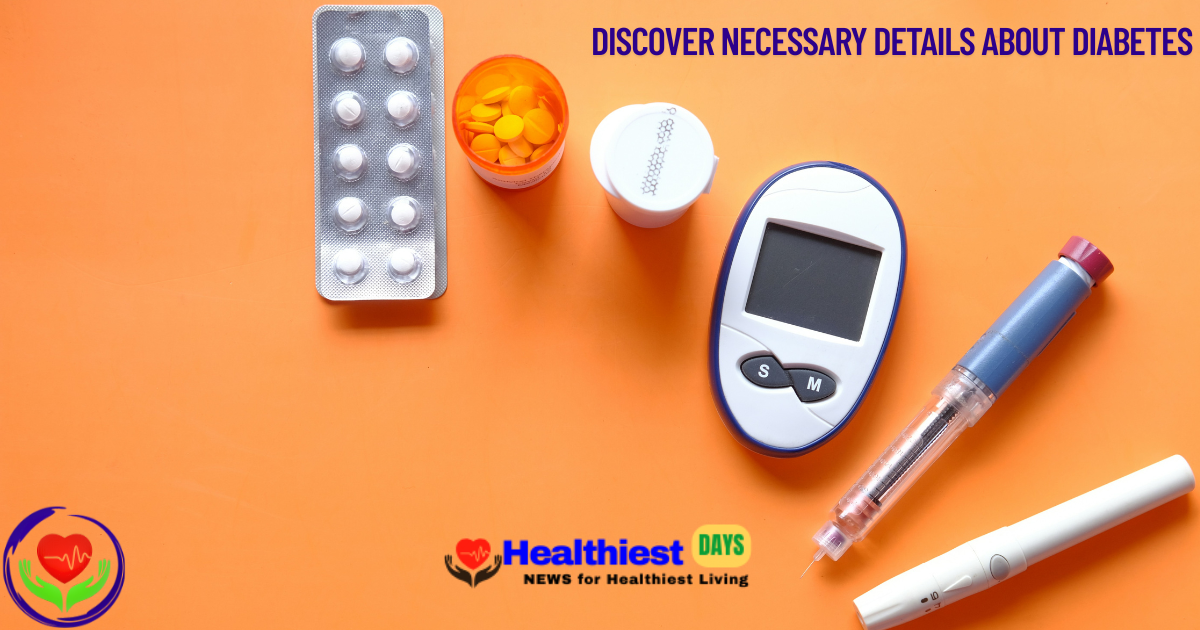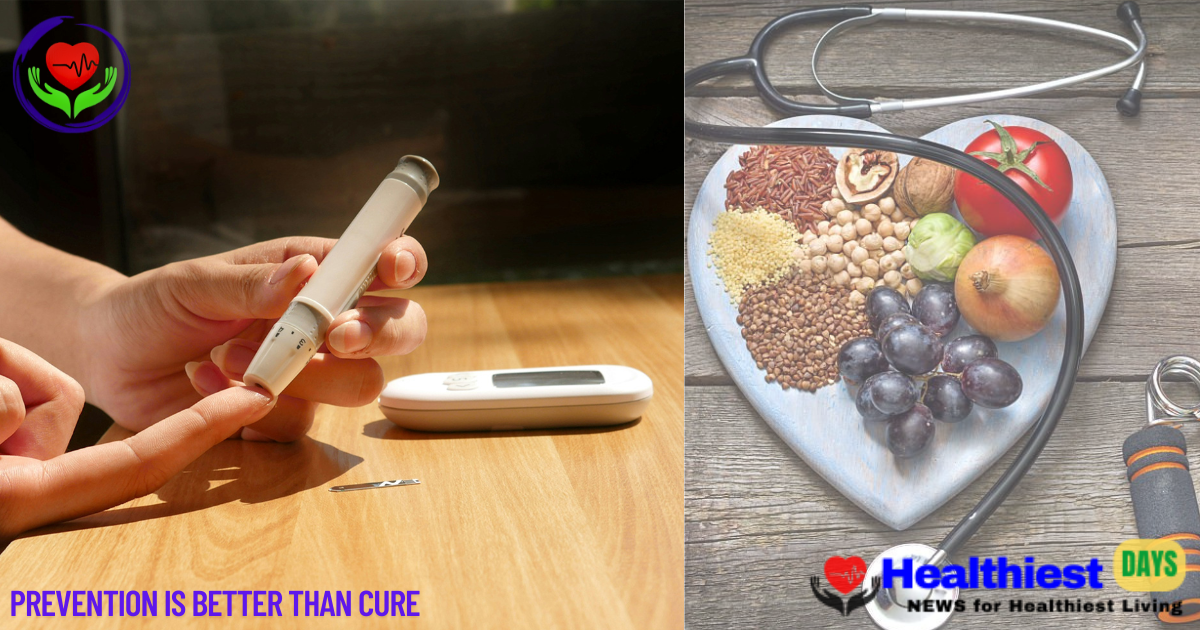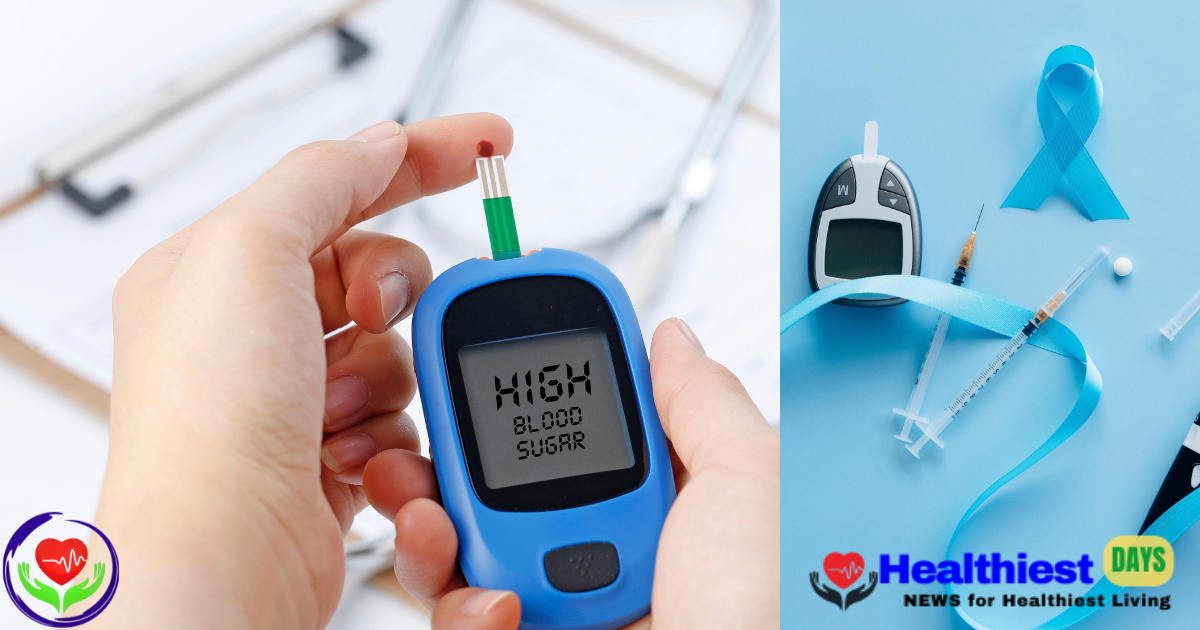Diabetes Mellitus is a global epidemic that is arising as more than a rising health concern; it is affecting millions silently. In 2025, approximately 589 million adults live with diabetes worldwide, along with a significant portion (4 in 10) unaware that they have the condition as well, and this number is expected to soar. If this metabolic disorder is left unmanaged, it can lead to severe complications, including heart disease, kidney failure, and even blindness. Most importantly, with proper awareness and modern medical remedies and care, one can pave his way to a healthy and joyful life. This blog helps you to understand “What are the Types of Diabetes Mellitus?”, “What are Symptoms of Diabetes Mellitus?”, and much more with utmost precision and accurate clarity.
What is diabetes mellitus?
Diabetes Mellitus is a chronic metabolic condition caused by elevated blood glucose (sugar) levels, which occur due to the inability of the body to produce insulin or effectively use insulin. Insulin is a hormone produced by the pancreas that helps regulate glucose in the bloodstream. When the body becomes resistant to insulin or its production is deficient, the glucose accumulates in the blood, which leads to diabetes.

Primarily, diabetes is classified into Type 1, Type 2, and Gestational Diabetes, with other rarer forms existing under special circumstances. It affects individuals of almost all ages of life, but early diagnosis, cure, and prevention can significantly minimize its burden.
What are the types of diabetes mellitus?
It is very essential for all ages and walks of life to understand the types of diabetes in order to prevent and effectively treat it. Look at the breakdown:
1. Type 1 Diabetes Mellitus:
It is an autoimmune condition in which the immune system mistakenly attacks and destroys beta cells, which are producing insulin in the pancreas. It is mostly diagnosed in children and young adults. Type 1 diabetes requires lifelong insulin therapy.
2. Type 2 Diabetes Mellitus:
It is the most common form and occurs when the body becomes insulin resistant or doesn’t produce enough insulin. Type 2 Diabetes caused/occurs due to lifestyle factors such as obesity, poor diet, and inactivity.
3. Gestational Diabetes Mellitus:
Gestational Diabetes develops during pregnancy, particularly in the second or third trimester. Usually it resolves post-delivery, but it increases the mother’s risk of developing Type 2 diabetes later in life.
4. Other Specific Types:
Among other specific types, Maturity Onset Diabetes of the Young (MODY) and secondary diabetes are caused by other diseases like pancreatitis or due to certain types of medications.
What are the Symptoms of Diabetes Mellitus?
Often diabetes begins silently, but the following key symptoms can indicate its outbreak:
- Excessive thirst (Polydipsia)
- Frequent urination (Polyuria)
- Unexplained weight loss
- Blurred vision
- Fatigue
- Increased hunger (Polyphagia)
- Slow-healing sores or infections
- Tingling or numbness in hands or feet
It is recommended and advised to you and your loved ones to observe and seek immediate medical evaluation in case of experiencing these signs.
What are the Causes of Diabetes Mellitus?
Diabetes usually arises due to a blend of genetic, autoimmune, and factors related to lifestyle. Here are the reasons behind it:
- Autoimmune response (Type 1)
- Insulin resistance (Type 2)
- Hormonal changes during pregnancy (Gestational)
- Genetics and family history
- Obesity and sedentary lifestyle
- Pancreatic disorders or hormonal diseases
- Certain medications, such as steroids and antipsychotics,
What are the Risk Factors of Diabetes Mellitus?
Prevention is better than cure; it is pivotal to recognize risk factors for prevention of diabetes. Common risk contributors to take precautionary measures to avoid onset include:
- Family history of diabetes
- Being overweight or obese
- High blood pressure and cholesterol
- Age over 45
- Lack of physical activity
- History of gestational diabetes
- Polycystic Ovary Syndrome (PCOS)
- Poor dietary habits
These risk factors are the warning signs to take precautionary measures before it gets late. A proactive lifestyle can delay or prevent diabetes outbreaks.

What are the complications of Diabetes Mellitus?
Uncontrolled and unrestrained diabetes can infect and disorder nearly every organ. Some of the serious ailments and complications include
- Cardiovascular disease (heart attack, stroke)
- Kidney failure (diabetic nephropathy)
- Nerve damage (diabetic neuropathy)
- Eye damage (retinopathy, blindness)
- Foot ulcers and amputations
- Skin infections
- Cognitive decline and Alzheimer’s disease
To lower these risks, early diagnosis and controlled blood sugar levels are utmost essential.
How Does Diabetes Affect Men and Women Differently?
Diabetes does not discriminate whether you are male or female, but it manifests differently irrespective of demographics and causes complications, few of which are described below:
In Men:
- Erectile dysfunction
- Lower testosterone levels
- Decreased muscle mass
In Women:
- Increased risk of urinary tract infections (UTIs)
- Polycystic Ovary Syndrome (PCOS)
- Complications during pregnancy
If blood glucose is poorly controlled, both genders, either men or women, face equal risks of complications, but hormonal and reproductive implications are unique.
How is Insulin Concerned with Diabetes?
Insulin is primary and central to diabetes management and biology because of the reasons below:
- Type 1 diabetes: In it, daily insulin injections or an insulin pump are required because the body produces none.
- Type 2 diabetes: It is often managed initially with oral medications, but eventually many patients require insulin.
- Gestational diabetes: Sometimes, there are some necessities in which insulin therapy for glucose control during pregnancy is needed.
Therefore, Insulin therapy mimics the whole scenario, explaining the natural process of your body, maintaining optimal blood sugar levels, and preventing complications.

Modern Medical Remedies for Diabetes Mellitus
Medicine has evolved tremendously in diabetes care. Today’s treatments include:
- Insulin analogs (rapid, short, long-acting)
- Oral hypoglycemics (Metformin, SGLT2 inhibitors, DPP-4 inhibitors)
- Continuous Glucose Monitoring (CGM)
- Insulin pumps and smart pens
- Bariatric surgery for weight and blood sugar control
- Lifestyle medicine: Structured diet and exercise plans
- Telemedicine for remote management and real-time monitoring
FAQs
1. Can diabetes be cured permanently?
No, It can never be cured permanently, yet it offers some specific medical precautions and effectively managed treatments with proper cure, lifestyle changes, and medication.
2. Is Type 2 diabetes reversible?
Yes, talking about Type 2 diabetes, which can be reversed with significant weight loss, diet, and physical activity.
3. What should a diabetic avoid eating?
There are some medical instructions that avoid eating the following ingredients, including sugary beverages, refined carbs, trans fats, processed foods, and high-sodium items, which should be minimized or avoided.
4. How often should blood sugar be monitored?
Blood sugar needs to be monitored according to your treatment plan, which surely depends on the diabetes type. It is usually daily for insulin users, less frequently for others.
5. Are there any natural remedies for diabetes?
Certainly, there is no natural, authentic remedy for this purpose, while there are some natural habits, like considering diet, exercise, and supplements like cinnamon or berberine, that can support glucose control.
Stay informed. Stay empowered. And take control of your health. Our blogs at healtiestDays will surely eliminate your concerns regarding your health. Let’s empower a better life.
Get informed about the latest knowledge on medical diagnosis in a vivid manner.
Keep enjoying every moment of life.








